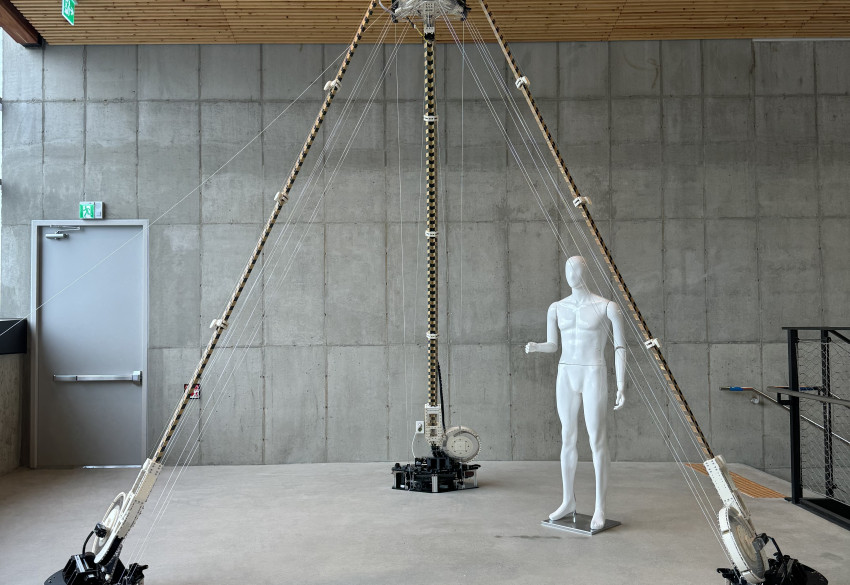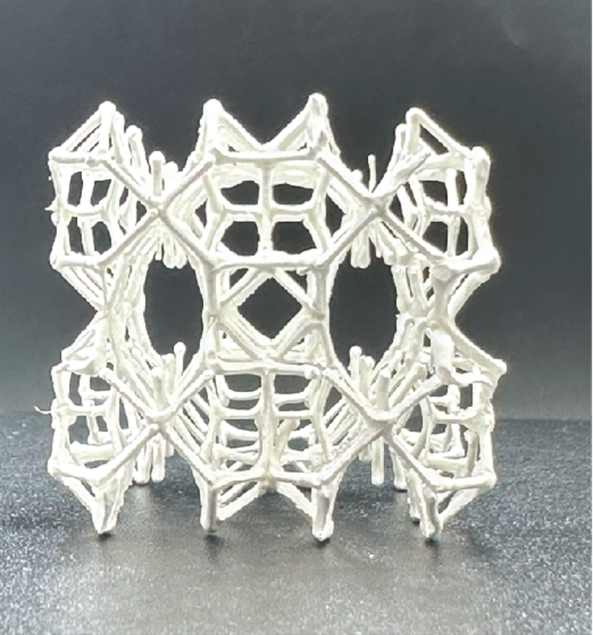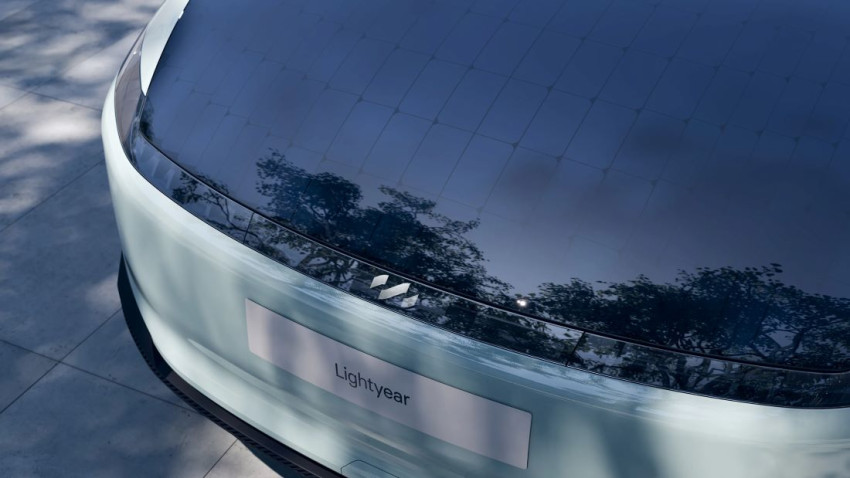
Lobby for circular education
The conference of engineering association KIVI is advocating that circularity and sustainability become part of the curriculum within technical higher education.
Now that the importance of circularity and sustainability is recognised, it is logical that such themes will also be reflected in the curriculum of technical higher education. Not as a separate optional course or specific specialisation, but rather as part of the standard courses, according to the Circular Education Deal (in Dutch) presented at the KIVI conference in Enschede earlier this week.
The initiative was discussed during the morning session at the annual conference of the engineering association. 'I certainly stand by the idea,' said Anke Mulder, President of the Executive Board of Saxion University of Applied Sciences, which was the location of the KIVI conference. 'But I can't simply say: yes, let's do that.'
It's a mindset
A number of the attending lecturers made similar comments. 'The curriculum is already so full, how are we to fit this in?' And: 'We are currently revising the curriculum, but circularity won't necessarily be a part of that.' At the same time, Mulder emphasises: 'Circularity and sustainability is such a hot topic in courses such as construction, that it's automatically included.'
Gerald Schotman, President of KIVI, highlighted that the initiative particularly concerns a circular mindset, the manner in which you approach an issue. A number of attending students provided their own examples. 'I'm currently in my final year of mechanical engineering, and we're now designing a block cleaver. I then want to ask questions such as: where are the materials I'm using sourced? How can I make the cleaver as energy-efficient as possible, and what happens to the machine at the end of its working life, can it still be useful then? Such questions should be included as standard, but there's no attention for them at all during our education.
Similar concerns were heard in a questionnaire distributed by KIVI among students: there is insufficient attention for circularity and sustainability during education.
Specialist knowledge
Dennis Schipper, CEO of high-tech company Demcon, recognises the young engineers' interest in the two subjects. 'We promote ourselves as a company that works to keep our planet liveable, and that's a popular choice.' His clients are also starting to expect such corporate social responsibility. 'At the same time, it has proven quite difficult to actually render these two subjects visible in our work,' says Schipper. As an employer, he is especially looking for 'engineers with sufficient specialist knowledge. Such broader subjects will come into play later once they have graduated.'
This clarifies the dilemma of paying attention to sustainability and circularity during education: the basis is to teach people a profession, and that already requires a great deal of work, along with a complete range of other qualities requiring attention, such as multidisciplinary working, learning to work in cooperation, etc.
Exchange of knowledge and expertise
Part of the Circular Education Deal is that KIVI now wants to exchange experience on how circularity can be given a logical place on the curriculum, in order to inspire other people. 'We want to be the platform on which knowledge and expertise are offered and exchanged,' explains Schotman of KIVI.
The theme of the annual KIVI conference was circularity, with a great deal of attention for concrete practical examples.
If you found this article interesting, subscribe for free to our weekly newsletter!






